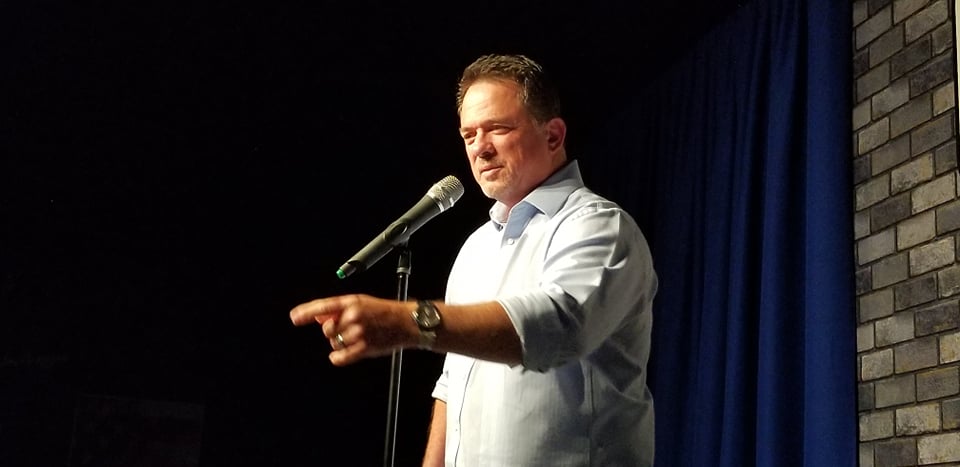Quad Amputee Podcast
We’re Not Stumped Podcast Season 2 Episode 2 with guest Kimberly Darville Emanuel, Ed.D
Dr. Kimberly Emanuel was living her best life until a catastrophic event entered her life. In January of 2021, an infection caused her to go into severe sepsis shock. Her chances of living were less than 40%. To save her life, she was given Vasopressors designed to pull blood from all of her extremities
We’re Not Stumped Podcast Episode 3 with guest Christine Caron
Sepsis survivor Christine Caron is as energetic and passionate as she is knowledgeable. Nine years ago, Christine lost both her lower legs and her lower left arm and hand to sepsis. In this episode, Christine explains how a very minor cut on her hand lead to her life-changing experience. She imparts her knowledge from
About Quad Amputees
“Quad amputees,” short for “quadrilateral amputees,” are individuals who have experienced the loss of all four limbs. This means they have had both their arms and both their legs amputated or were born without all four limbs. Quad amputees face significant challenges in terms of mobility and performing daily tasks, as they have limited or no natural limb function.
The causes of quad amputation can vary, including:
- Trauma: Severe accidents or traumatic events, such as high-speed car crashes, industrial accidents, or military combat injuries, can result in multiple limb amputations.
- Medical Conditions: Certain medical conditions, such as severe vascular disease, infections, or complications of other health issues, can lead to the necessity for multiple limb amputations.
- Congenital Conditions: Some individuals are born with congenital conditions that affect the development of all four limbs, resulting in quad amputation.
- Surgical Interventions: In some cases, surgical interventions to remove limbs may be necessary to prevent the spread of cancer or to address severe deformities or infections.
The challenges faced by quad amputees are substantial, but advancements in medical technology, rehabilitation, and prosthetic devices have made it possible for many individuals to regain a significant degree of independence and functionality. Quad amputees often require specialized prosthetic limbs and adaptive equipment to assist them in performing daily activities and moving about.
Rehabilitation and ongoing support from healthcare professionals, including prosthetists, physical therapists, occupational therapists, and mental health professionals, play a crucial role in helping quad amputees adapt to their circumstances and achieve their goals for mobility and quality of life. Additionally, assistive technology and devices, such as powered wheelchairs and computer-controlled prosthetic limbs, can provide quad amputees with greater autonomy and enhance their ability to participate in various aspects of life.



